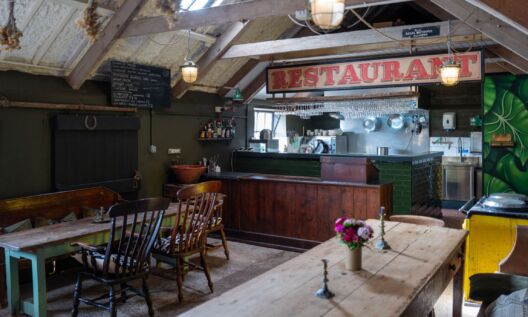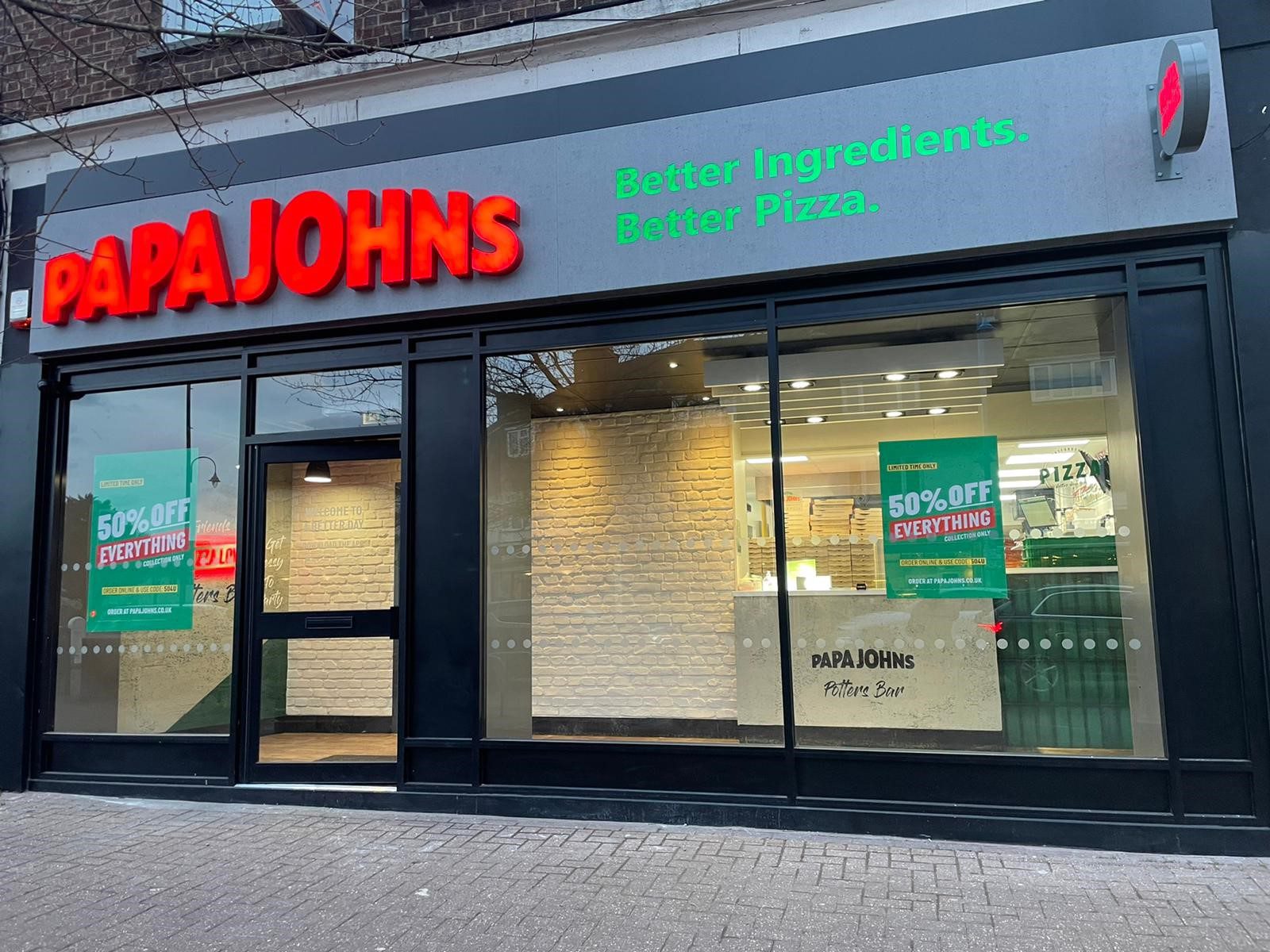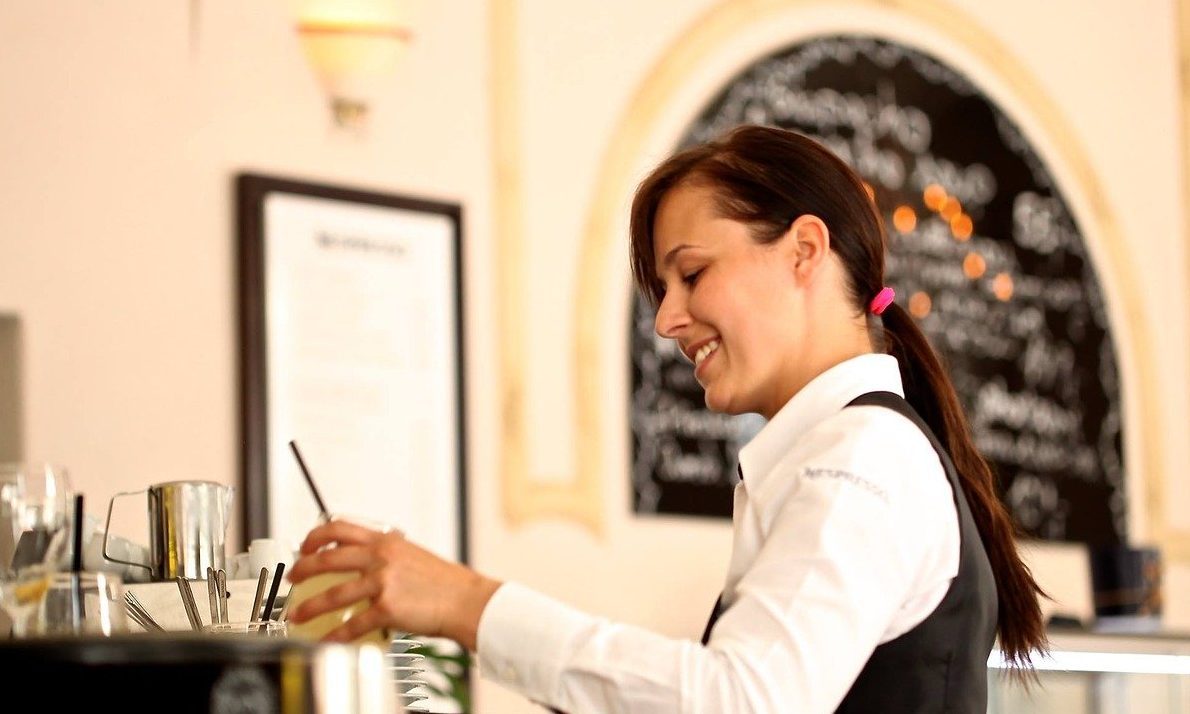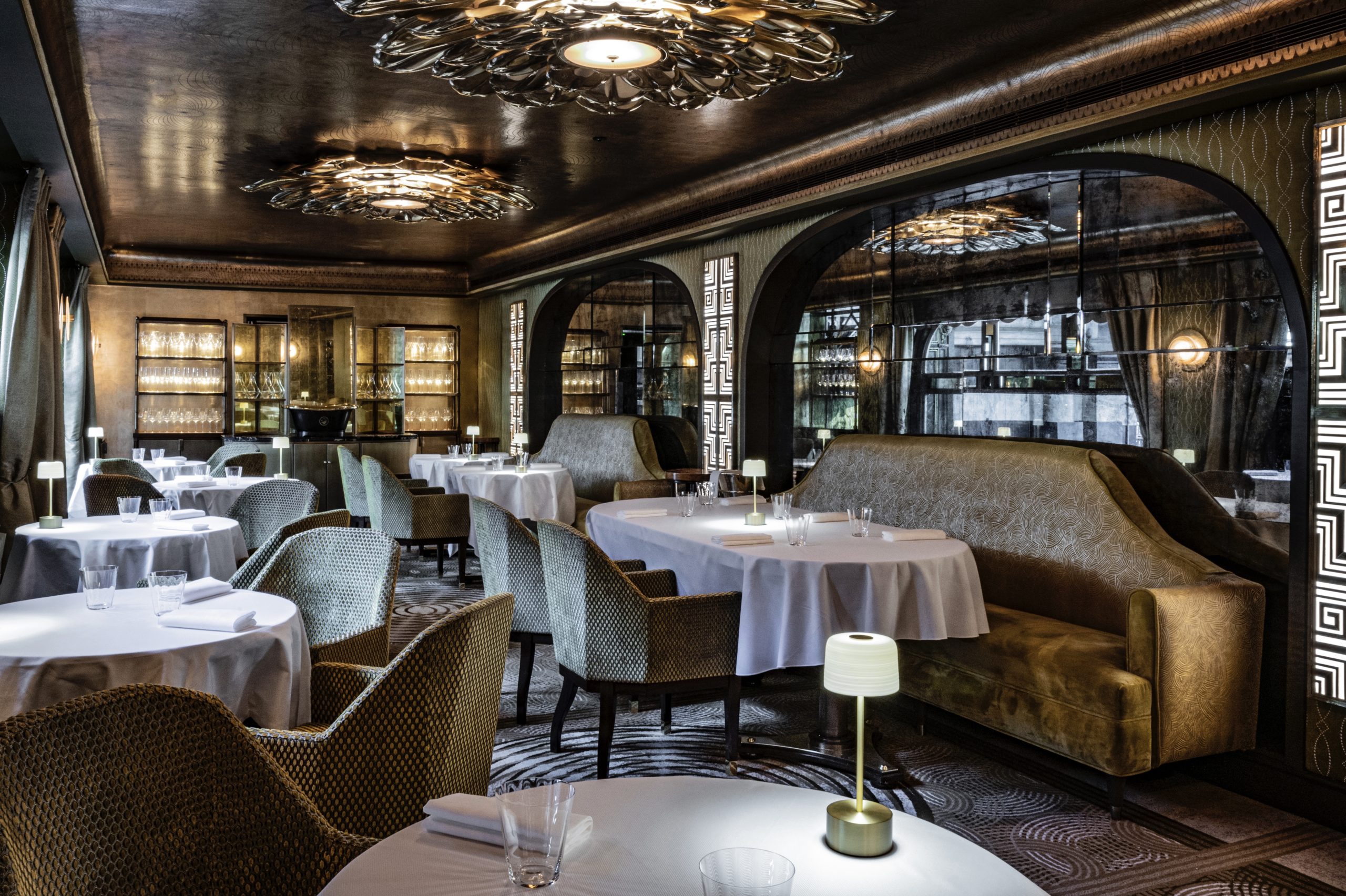Register to get 2 free articles
Reveal the article below by registering for our email newsletter.
Want unlimited access? View Plans
Already have an account? Sign in
Although hospitality may still be enduring some uncertainty, consumer confidence is on the rise. According to a recent study from the CGA, more than two thirds (70%) of the UK now feel optimistic about visiting pubs, bars and restaurants – over double that of those showing similar optimism at the beginning of 2021. Whilst this may see the industry breathe a sigh of relief, it must now focus on providing its workforce with greater career prospects and workplace training to attract and retain the skilled labour spearheading its recovery in 2022.
A late study from Yoobic underlines the shortfall of provisions in the sector at present. It reveals that 32% of respondents feel their firm has a ‘lack’ of appropriate training in place, with 43% disclosing the absence of career development. High Speed Training notes similar deficiencies, suggesting a third of people see roles in hospitality as temporary, with further inadequacies concerning low salaries and workplace tensity.
“It’s a wake up call and we have to change,” urges Anthony Demetre, Michelin-starred chef and proprietor at Wild Honey St. James, Sofitel London St James “We need to be attractive and we have to invest more.”
Demetre has been in the profession since adolescence. His career has taken him from London to New York, working under some of the most celebrated figures such as, Gary Rhodes and Marco Pierre White – most recently featuring on the Heart of Hospitality campaign podcast. Hotel group Accor describe Demetre as “a champion of young talent”, a “widely regarded chef” and a “brilliant ambassador” for careers in hospitality, supposing the ideal candidate to seek insight into career contentions that trouble the sector today. “It has always been challenging to find to recruit staff,” he underlines, but once found, “it’s ‘how do you retain them?’”
“The industry has a problem which is going to take ‘a while’ to put right”, yet it is one thing admitting the need for change but quite another knowing how to. The CGA even disclose that some of the sector is simply “unaware” of its shortcomings, underlining the extent to which they are in need of refinement. KPMG propose the industry will need to become “more competitive” within the labour market to attract some stability within its workforce, but how can firms decide on the measures to implement if they are unaware of their need in the first place?
Set aside the appropriate time for training
Hospitality is naturally a fast-paced sector, “that’s just the nature of the industry,” says Demetre. Yet businesses must focus training in areas that need it: “We’re an always-on business and finding that time for development can be hard – you’ve got to be clever with how and where you train and where the energy is going,” urges Dom Jones, co-founder of the Maray. Businesses must look inwardly and critically assess which areas need the most development. According to the CGA, 56% of professionals say they haven’t had any professional development since returning to work but the vast majority (84%) stress they would like to progress; perhaps ‘start there’, the association propose.
Underline the advantages to working in the sector
The contentions hospitality face when attracting new staff is somewhat due to its “inherent” negative perceptions among the UK labour market, notes a KPMG study. Whilst Demetre suggests most have been subject to generic and over-elaborate “horror stories” from working in the profession, he admits some of these perceptions are self-inflicted: “We haven’t done ourselves any favours. We haven’t paid well, people are working ridiculous hours, and in terrible conditions – people have just said, “I’m not going back to that.” Yet, latest figures from the CGA propose the desirability to working in the sector. The Hospitality Professionals panel underline ‘working with the public’ (61%), the ‘variety of roles’ (55%) and ‘venue atmospheres’ (55%) as ‘key’ interests of the profession, with additional benefits regarding the chance to obtain ‘varied’ skills and experiences. Since there is much appetite present for career longevity, it is simply about “driving passion into your workforce,” says Demetre – alternatively described as ‘worker passion’, note accountancy firm Deloitte.
Deloitte maintains worker passion can be measured by the presence of three distinct attributes: ‘commitment to domain’, ‘questioning’, and ‘connecting’ – but what do these specifically entail? Commitment to domain suggests the ‘desire’ to have an increasing impact on that area of expertise. In the culinary world, this could be wanting to develop a highly regarded menu. Yet ‘questioning’ is slightly more ambiguous. It is not simply about gaining insight on vague topics such as “pay”, or “hours”, Demetre disputes, but rather asking how something is “prepped” where it has “originated” and “when it is in season.” The accountancy firm define it as the constant “probing, testing, and pushing of boundaries” to identify new opportunities and learn new skills. Only when workers commit to their domain and ask intuitive questions can they then fulfil the third attribute. “Workers driven by a connecting disposition build connections, not to grow their professional networks but to learn from experts and build new knowledge and capabilities,” says Deloitte. “This is where you as employers have to inspire them,” urges Demetre.
“We try to get them involved. We say, look, we will teach you how to cook, and you’ll see things you haven’t seen before. If we don’t inspire them, why should they stay?”
Cater to each individuals needs
Hospitality conceals a wide range of talent within separate divisions, and whilst this may make training programmes easier to distinguish, each employee is different. You will need to think, “right, okay, how can I keep them,” stresses Demetre. “You’ve got to look at everyone independently.” At Wild Honey St. James, Demetre provides quarterly appraisals to discuss the development of each employee. He notes it allows both the business and the worker to draw upon any “concerns or worries” they may have at present, allowing for an honest and open evaluation – simultaneously, strengthening the employer and employee relationship. A latest study by Khoa Tran demonstrated the positive effects of ‘high-quality’ workplace relationships on working matters including, ‘higher commitment’, ‘lower level of reported job stress’, and ‘increased perception of social impact’. “You’re almost like a school teacher in a way. You’re nurturing and advising them to become the best they can,” Demetre underlines.
He also alludes to the importance of ensuring continual progression within independent firms particularly, since they do not have the means to provide elaborate training programmes that are perhaps more accessible to larger franchises. “You need outline their aspirations and ask, ‘how can we facilitate that?’” Yet it is also crucial to understand that sometimes you may not be able to.
“The first question to ask is ‘what can I do to keep you?’” If it is clear they want to progress down an alternative route, even for a ‘change of scenery’ however, aiding their move is the only provision you can offer. “Where do you want to go? How can I make that move for you?” Since facilitating their progression “is key” notes Demetre.
Improving the sector’s training environment is evidently subjective. Whilst constructing a clear pathway is paramount, according to the CGA, it seems firms need to simply understand their working capital’s needs. Demetre draws on the changing of times and underlines that employers can no longer expect their employees to work 60-plus hour weeks. “There must be a work-life balance,” he stresses.
Demetre says that during the pandemic “people had more time to assess their lives and decided there’s more to life,”. If firms want to increase worker appetite to develop a career within the industry, it needs to not only set aside the appropriate time to facilitate this, as the CGA suggest but principally put the worker first. Demetre underpins a relationship between you and each of your employees is integral; You may find if this is continually nurtured, they may want to continue on the pathway of development in your firm rather than finding a career elsewhere.



















